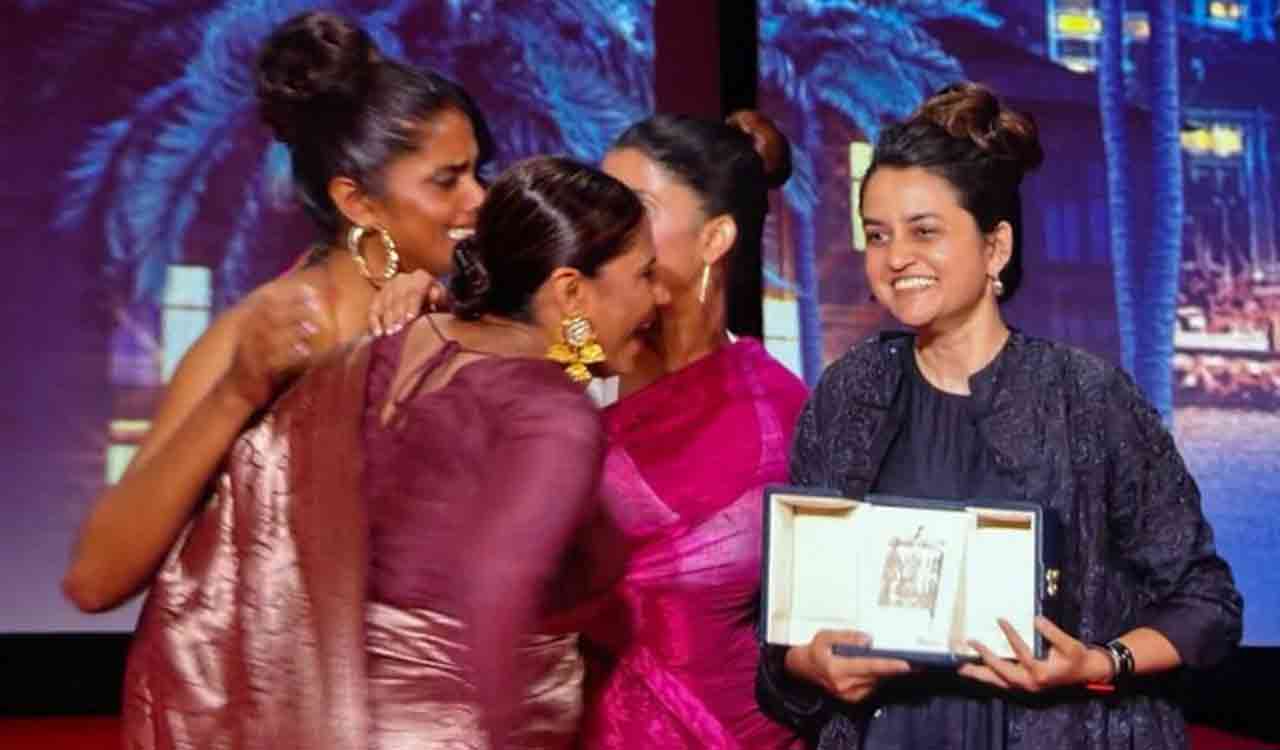Editorial: Insulate science from politics
Politicisation of national science awards — the Rashtriya Vigyan Puraskar — is unhealthy development for Indian science

One often wonders why India, despite being endowed with enormous talent, fails to make the cut at a global level when it comes to achieving scientific breakthroughs. While Indian immigrants in the United States, Europe and other countries thrive in their chosen research fields and are associated with big discoveries, the same cannot be said about scientists working in the R&D institutions here. The highly bureaucratised and patronage-driven science administration in the country is the main culprit. Adding to the woes is the growing politicisation of science. The actions of the NDA government in the last few years — including scrapping certain prestigious categories of science awards and replacing them with a new set of awards with an opaque selection process — have evoked criticism from the scientific and academic community. Recently, a group of 175 scientists and academicians voiced their dismay over the politicisation of national science awards — the Rashtriya Vigyan Puraskar (RVP) — instituted by the Centre last year. Soon after the inaugural set of awards was presented to the winners by President Droupadi Murmu a few weeks ago, murmurs of political interference in the selection process emerged. There are reports that a few scientists, who were initially selected for the awards, were eventually denied national recognition because of their political views. Earlier in August, 26 Shanti Swarup Bhatnagar awardees wrote to Principal Scientific Adviser Ajay Sood, who heads the Rashtriya Vigyan Puraskar Committee (RVPC), asking him to reveal the criteria adopted in arriving at the final decision.
Once the matter became public, the government altered the selection process, triggering further protests from the scientific community. The change in the selection criteria paved the way for the political leadership to overrule or modify the decision of the RVPC — which practically represents the Indian scientific community. Presidents of scientific academies as well as secretaries of scientific departments are its members. The Vigyan Yuva Shanti Swarup Bhatnagar Award is the rechristened avatar of the Shanti Swarup Bhatnagar Award, which has for over six decades been widely considered to be the most prestigious science award in India. It has now been made part of the RVP. The more significant change came in the process of selecting the winners. For the first time, bureaucrats were part of the selection committee, in addition to which, the final approvals came from the science and technology minister. Until last year, committees of 12-15 previous Bhatnagar award winners were formed for each of the fields in which the honours were to be given. Eminent scientists have rightly called the awards episode an ‘unhealthy development for Indian science’. There are legitimate fears that this could set a precedent for ministers to use unrestricted vetoes to overrule recommendations of expert committees. Academics not in the good books of the government could be sidelined from not just awards but also scientific grants, and promotions.
Related News
-
Save future of Telangana NEET PG aspirants, IMA writes to CM Revanth Reddy
35 seconds ago -
Telangana techie loses Rs 4.15 lakh to online gold trading fraud
30 mins ago -
Hyderabad: Couple working as house help at doctor’s residence held for theft
45 mins ago -
Hyderabad auto driver foils attempt to kidnap young woman, five held
1 hour ago -
Haiti gang attack on journalists covering hospital reopening leaves 2 dead, several wounded
3 hours ago -
21 dead as Mozambique erupts in violence after election court ruling
3 hours ago -
Cartoon Today on December 25, 2024
11 hours ago -
Sandhya Theatre stampede case: Allu Arjun questioned for 3 hours by Chikkadpallly police
11 hours ago




